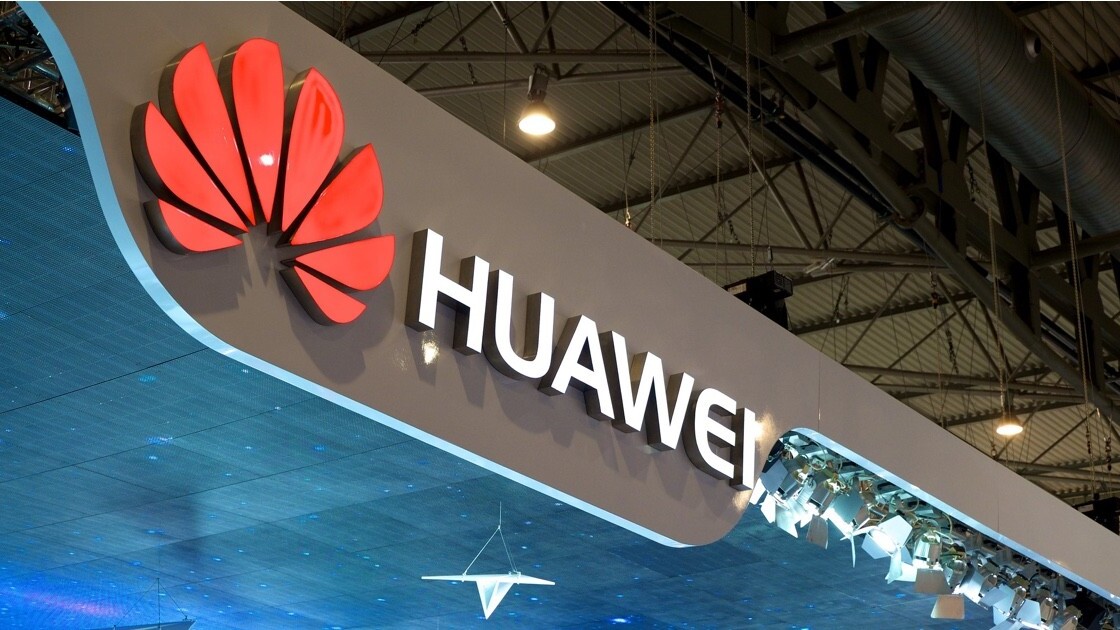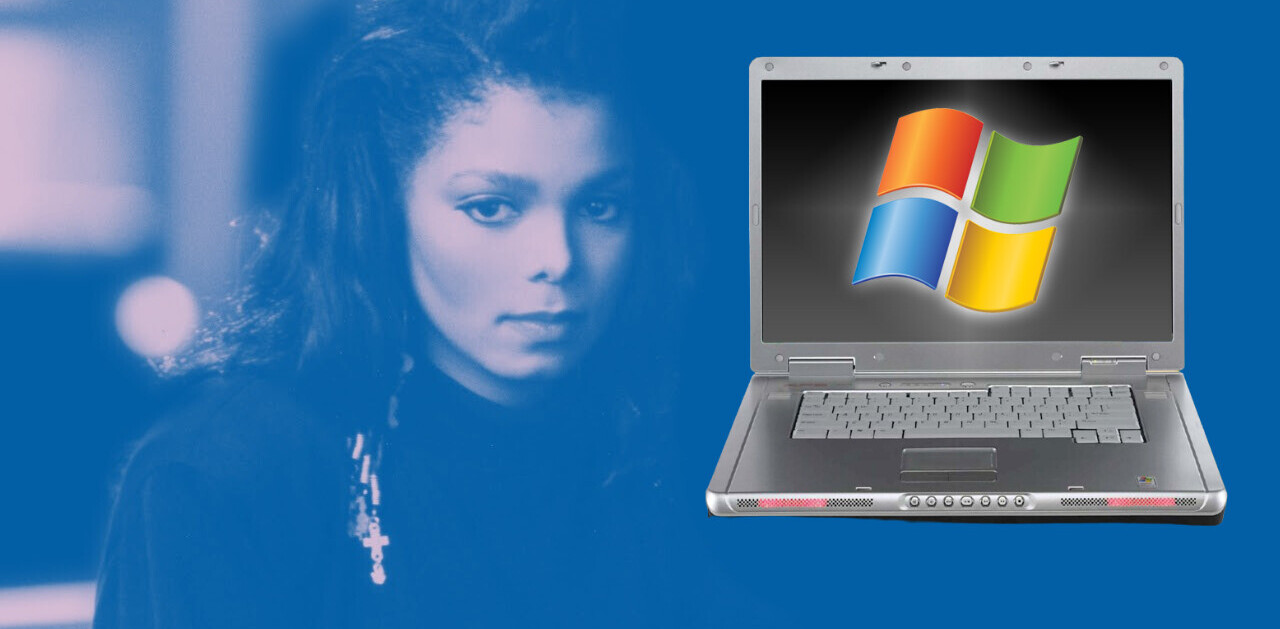It’s been a rollercoaster afternoon for Huawei news, even by the manic standards of this month.
First, TechRadar managed to get a senior Huawei executive to confirm, on the record, that the company’s rumored Android replacement would be released next month. Then, almost immediately after, the company issued a swift denial.
So, what happened? Let’s start at the beginning, when TechRadar Middle East managed to clinch an interview with Alaa Elshimy, Managing Director and Vice President of Huawei Enterprise Business Group Middle East. That’s a big job title, but the nuggets of information he dropped were even bigger.
Elshimy said that the operating system, which is rumored to be called Ark OS and has the codename HongMeng, was in an advanced state of completion, and its release was imminent. Here’s the full quote, as reported by TechRadar:
“Huawei knew this was coming and was preparing. The OS was ready in January 2018 and this was our ‘Plan B’. We did not want to bring the OS to the market as we had a strong relationship with Google and others and did not want to ruin the relationship. Now, we are rolling it out next month.”
Huawei quickly issued a denial. In a statement obtained by Arjun Kharpal, China reporter for CNBC, the company said: “This is a hoax. We are asking media not to publish it and give credence to fake news.”
#Huawei tells me that reports suggesting its own operating system, designed to replace Google Android, will be ready in June are fake:
"This is a hoax. We are asking media not to publish it and give credence to fake news."
— Arjun Kharpal (@ArjunKharpal) May 28, 2019
What Elshimy Said
Elshimy also stated the operating system would offer full compatibility with Android apps, although didn’t elaborate further. It’s not yet known if Ark OS will offer an Android compatibility layer, as used by BlackBerry 10, or whether it will merely be a fork of Google’s popular mobile operating system, which is what my money’s on.
Elshimy, however, said some things that didn’t quite add up. He was especially buoyant about the company’s ability to survive without access to the American elements of its supply chain, mentioning that Huawei makes its own chips.
“We have all the chipsets except the Intel chips for PCs and servers,” he’s quoted as saying.
Here’s the thing: Huawei’s mobile chips are based on designs from ARM Holdings, a Japanese-owned, UK-based company. ARM Holdings has extensive operations in the United States, and consequently, has been forced to comply with the Trump Administration’s embargo of Huawei.

Almost all phones, from Apple iPhones to Samsung Galaxy Note phablets, are based on ARM’s architecture. There’s a reason for that. It’s been around for about thirty years. It’s mature. It’s actively being developed by an army of highly-skilled computer scientists. It’s well-suited to power-sensitive devices, like phones and tablets.
There’s a reason why no company has tried to replace it. Simply put, it’d be a mammoth task that would cost tens of billions and produce no clear competitive advantage. There’d be no guarantee that any ARM alternative would be better than the existing ARM designs, which (in comparison) don’t cost that much to license.
If Huawei had managed to create its own CPU architecture, it’d arguably be the biggest tech story of the year. Is that what Elshimy is saying here? Or has he just gotten the wrong end of the stick. Personally, I think the latter is most likely, not least because his next sentence refers to “storage devices.”
“Every single storage player in the market is using Qualcomm chipset and we are the only one using our own chipset. That is why we can go at the speed we want,” TechRadar quotes Elshimy as saying.
That brings me on to the next reason why this interview gives cause for concern. Alaa Elshimy is Managing Director and Vice President of Huawei’s Enterprise Business Group, which focuses on business hardware (like hyper-converged storage) and industrial IoT.
Smartphones (as well as tablets, laptops, and wearables) fall under the purview of Huawei’s Consumer Business Group.
Put simply, he works for an entirely different part of Huawei.
Cause for concern
This disclosure is also completely removed from what we know about how Huawei conducts business. Firstly, as anyone who has ever covered Huawei knows, it’s almost unthinkable for a non-Chinese executive to announce company news. Literally every Huawei product launch or keynote I’ve ever been to has been led by one of its Chinese inner-circle.
Huawei does this deliberately. It’s a point of national pride. Huawei is unabashedly proud to be a Chinese technology company. It follows, therefore, that a Chinese national should be its public face.
it operates under an almost impenetrable shroud of secrecy, with security a pressing concern. Secrets are jealously guarded and are shared on a need-to-know basis with staffers.
This is something I’ve witnessed personally. On a trip to one of the company’s research-and-development facilities on the outskirts of Beijing, I passed through several manned checkpoints, some staffed by police and armed security personnel. Upon arriving at the facility, I had to surrender my camera.
I just don’t see how a non-Chinese national, working for an unrelated part of the company, would have access to such sensitive information.
The speculation, it is a-brewin’
Huawei is under a lot of public scrutiny right now. As it faces an unprecedented attack to its supply chain, the company could benefit by offering radical transparency about how it intends to adapt and survive. Failing to do so breeds speculation, and makes it harder for the company to enforce a party line.
– Huawei CEO to China: New OS coming this fall
– Huawei CEO to US: New OS poses challenges
– Huawei internal sources: OS nowhere near ready
– Huawei Middle East: New OS launches next monthPick one.
— Stephen Hall (@hallstephenj) May 28, 2019
I’m also really curious as to how Alaa Elshimy came to spill the (somewhat inaccurate) beans. Was he talking out of turn? If so, why? He’d been working for the company for almost three years, according to his Bloomberg profile.
If this is the case, I’d be extremely surprised if he isn’t fired by the morning. Huawei takes a swift and judicious approach to those who embarrass the company on the international stage.
Another possibility — and I take no pleasure in writing this, because I’ve been there and know how much it sucks — is that TechRadar was duped by a hoaxer pretending to be Elshimy.
Either way, this entire situation is a total mess, and at the end of the day, someone’s going to be wiping egg off their face. We’ve reached out to Huawei for more information. If we hear back from them, we’ll update this post.
Get the TNW newsletter
Get the most important tech news in your inbox each week.





